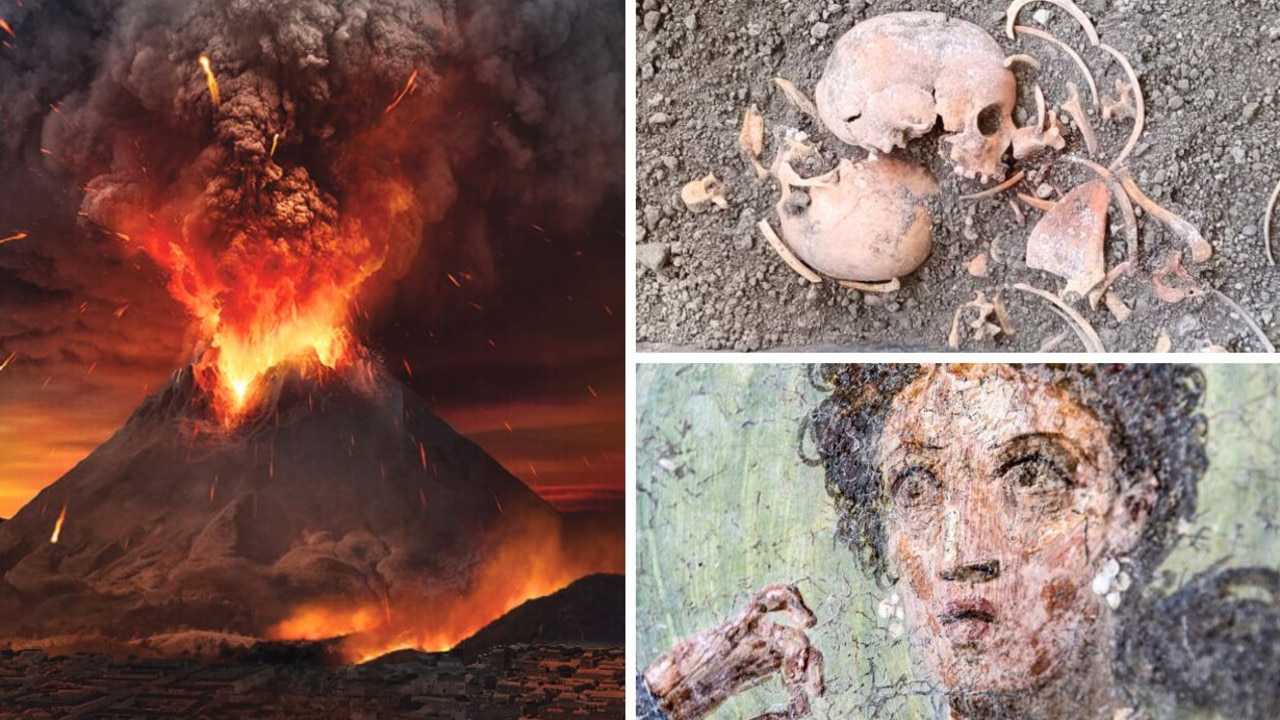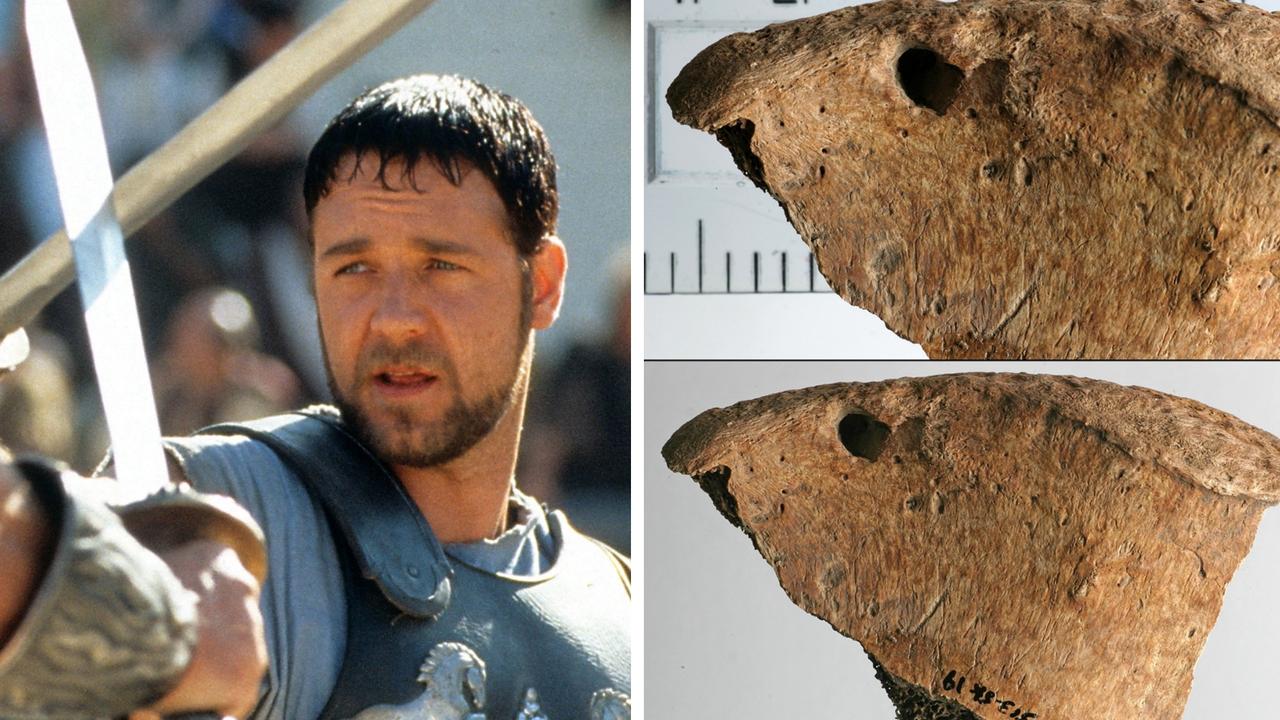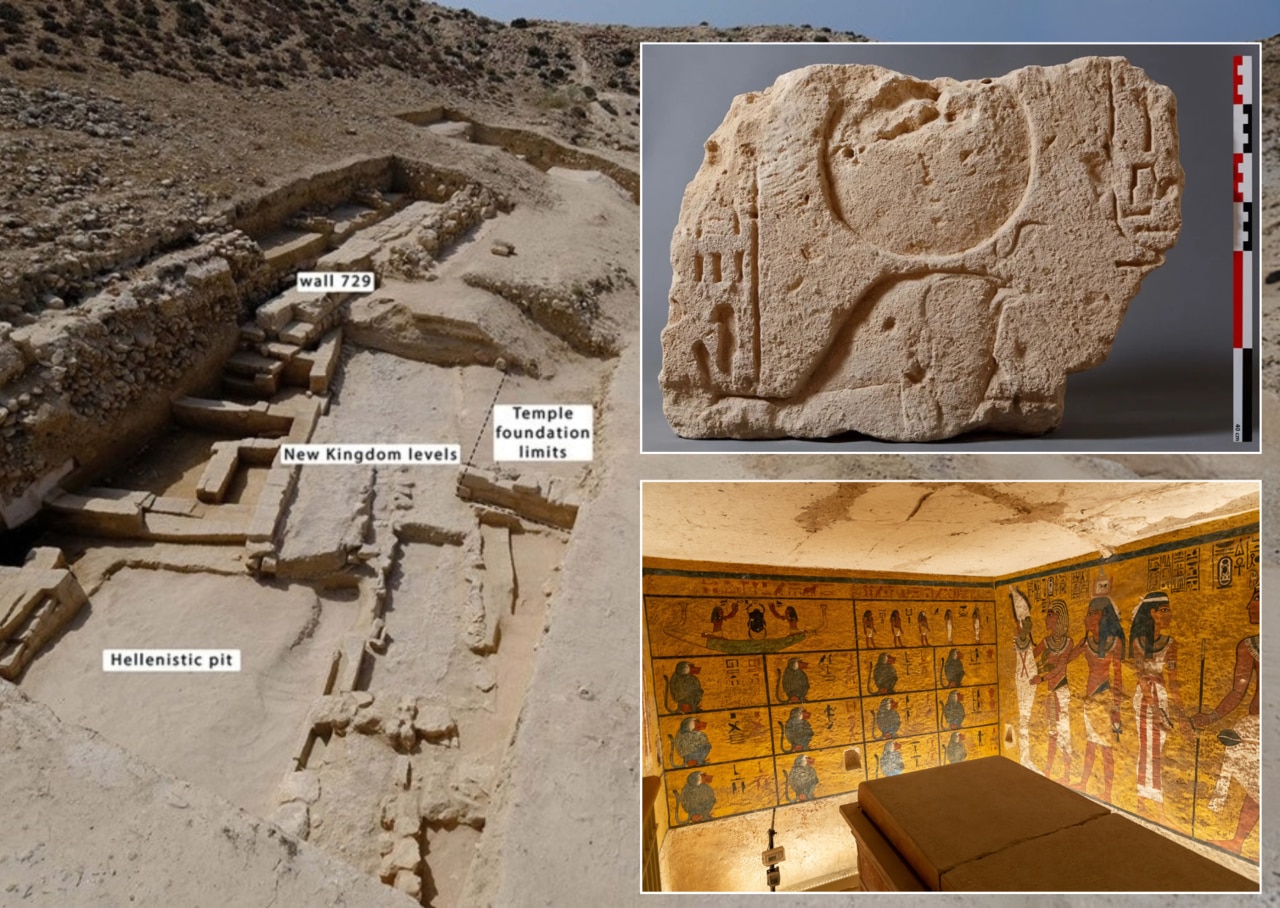Skeletons found by Bournemouth University students in Winterborne Kingston could rewrite Roman history in Britain
STUDENT archaeologists have made a ‘hugely significant’ discovery of five skeletons that could rewrite Roman history in Britain.
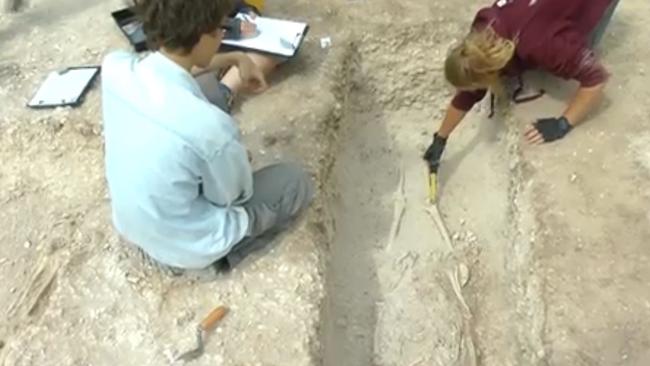
STUDENT archaeologists have made a ‘hugely significant’ discovery that could rewrite Roman history in Britain.
The undergraduates from Bournemouth University uncovered the skeletons of a family at a the ruins of a Roman villa in Dorset, the London Telegraph reports.
Dr Miles Russell, a senior lecturer in archaeology at Bournemouth University, said: “This find is hugely significant because there have been more than 700 Roman villas found in Britain but before now no-one has ever found their occupants.
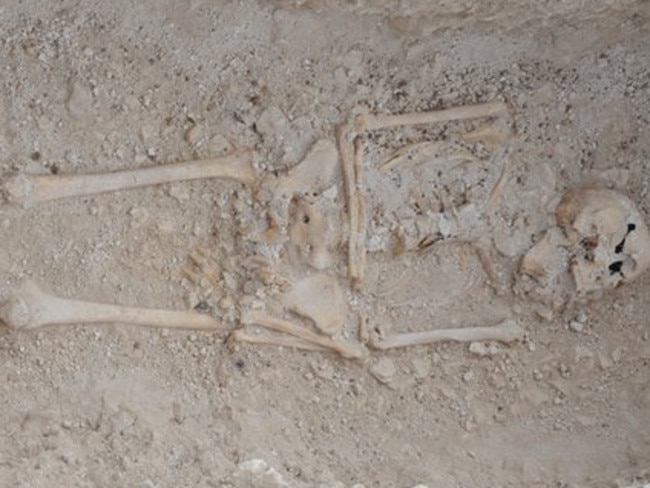
“Our find could lead to graves of Roman villa owners all round the country being discovered.”
“Who lived in Roman villas is one of the big questions in British archaeology and we might finally be able to provide some answers.”
The remains, thought to be three generations of the same family, were found about 100 metres from the villa, near the village of Winterborne Kingston, according to the BBC.
Around 85 young students, aged mostly in their teens and early 20s, are credited with the major discovery.
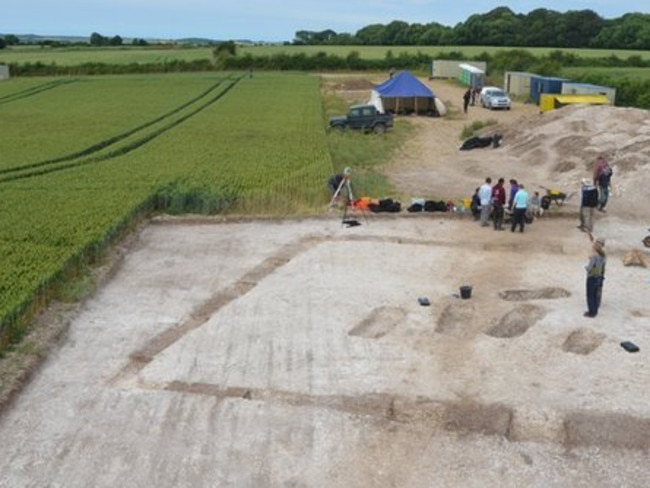
Using survey tools that uses low-level electrical currents to create a virtual picture of what is beneath the soil, the students identified a small enclosure near the villa. Buried in it were two adult males, two adult females and an elderly female, though to have inhabited the vialla around 1700 years ago.
Dr Russell said no one had ever explored beyond the big house before.
Analysis of the remains aims to give a better idea of who these people were. “We want to see what sort of changes our country went through at that time and whether the people living in Roman villas were Britons who had become Roman or Europeans who had moved to Britain to exploit the land,” said Dr Russell.
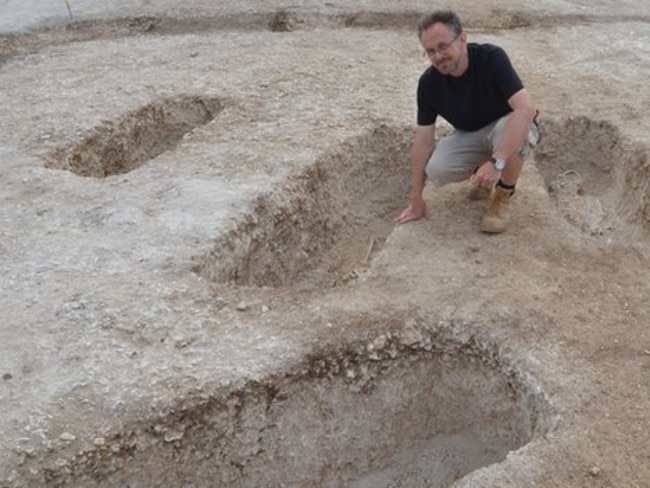
“Being Roman was all about showing your wealth and status, and it is likely these people would have been politicians, statespeople or tax collectors.
“They would have been in the top two per cent of society and super-wealthy.”
Paul Cheetham, senior lecturer in archaeological sciences and project co-director, said: “We are looking at the rural elite of late-Roman Britain, living through the economic collapse that took place during this period.
“These remains will shed light on the final stages of the golden age of Roman Britain.”
The site will be open to the public on July 13.

